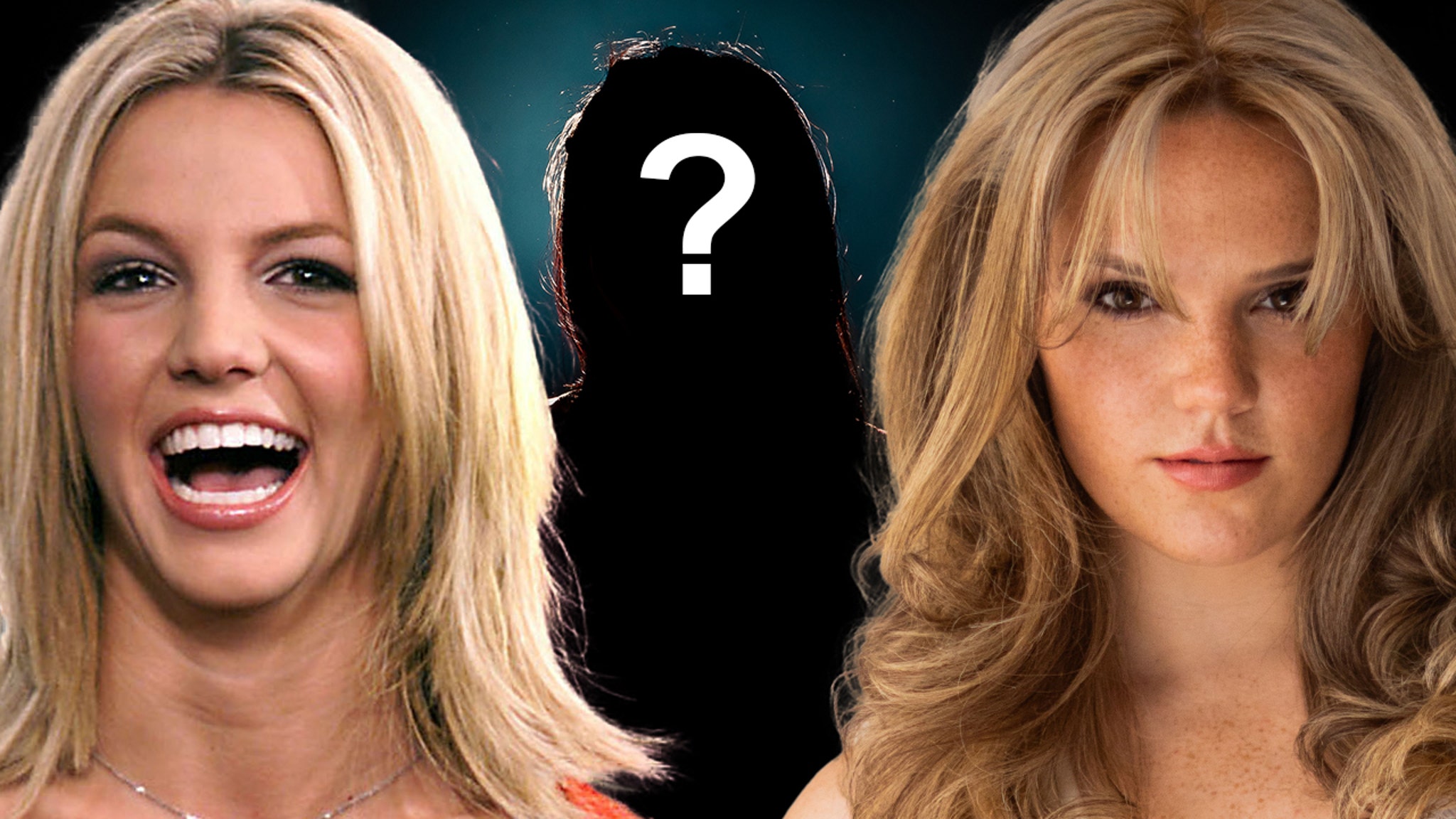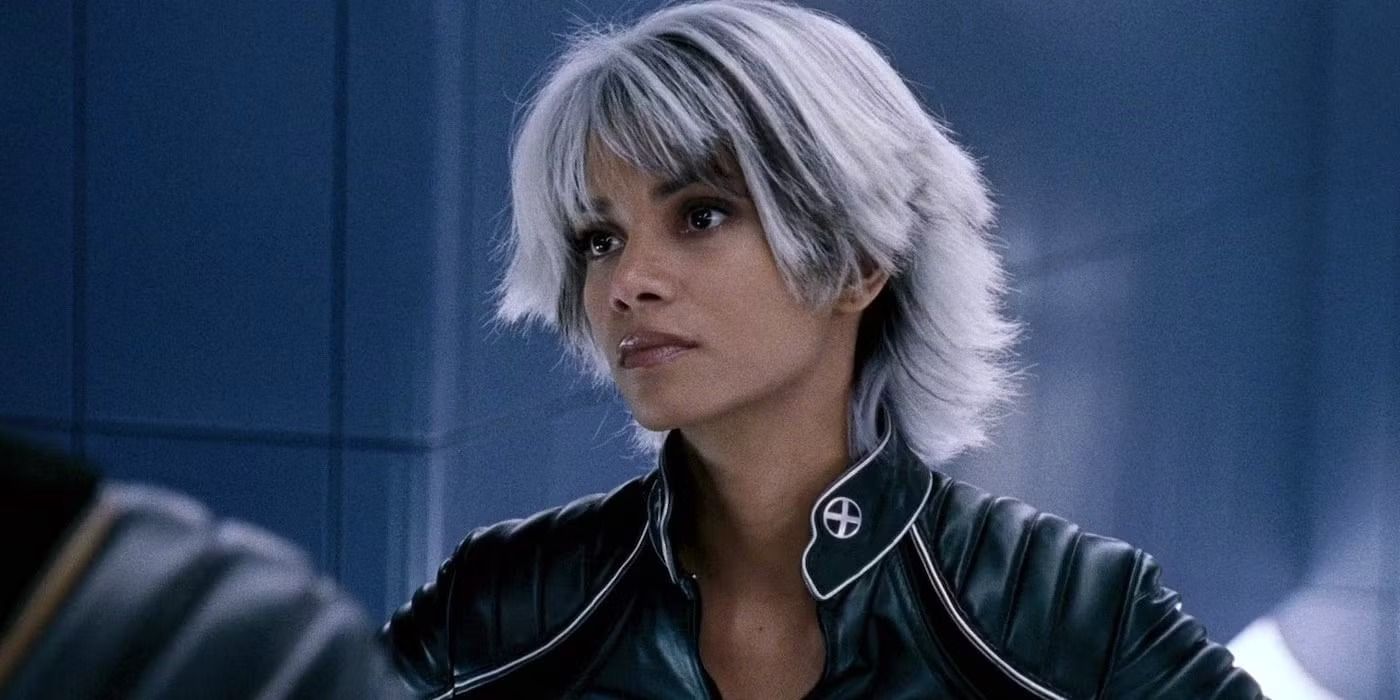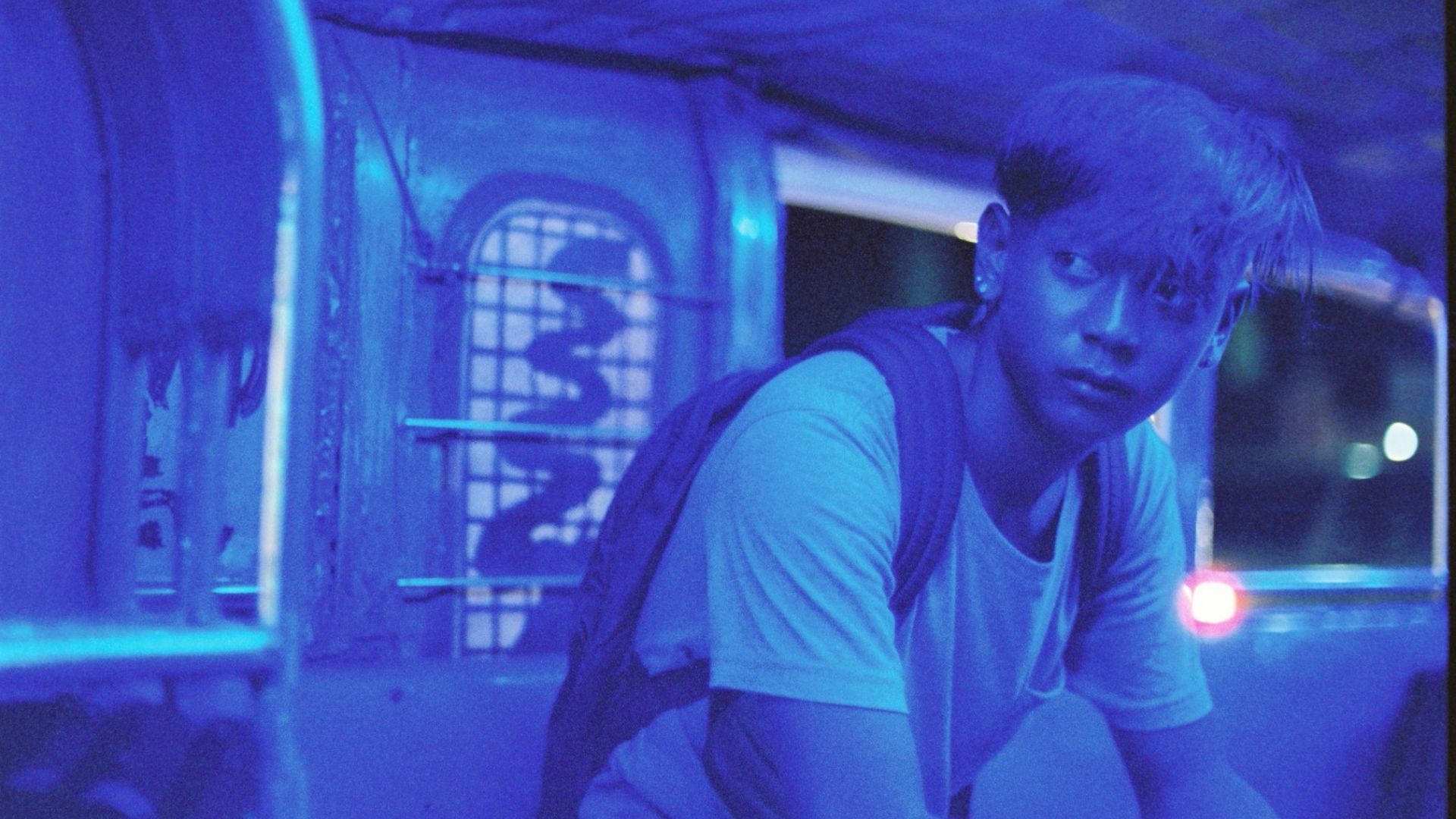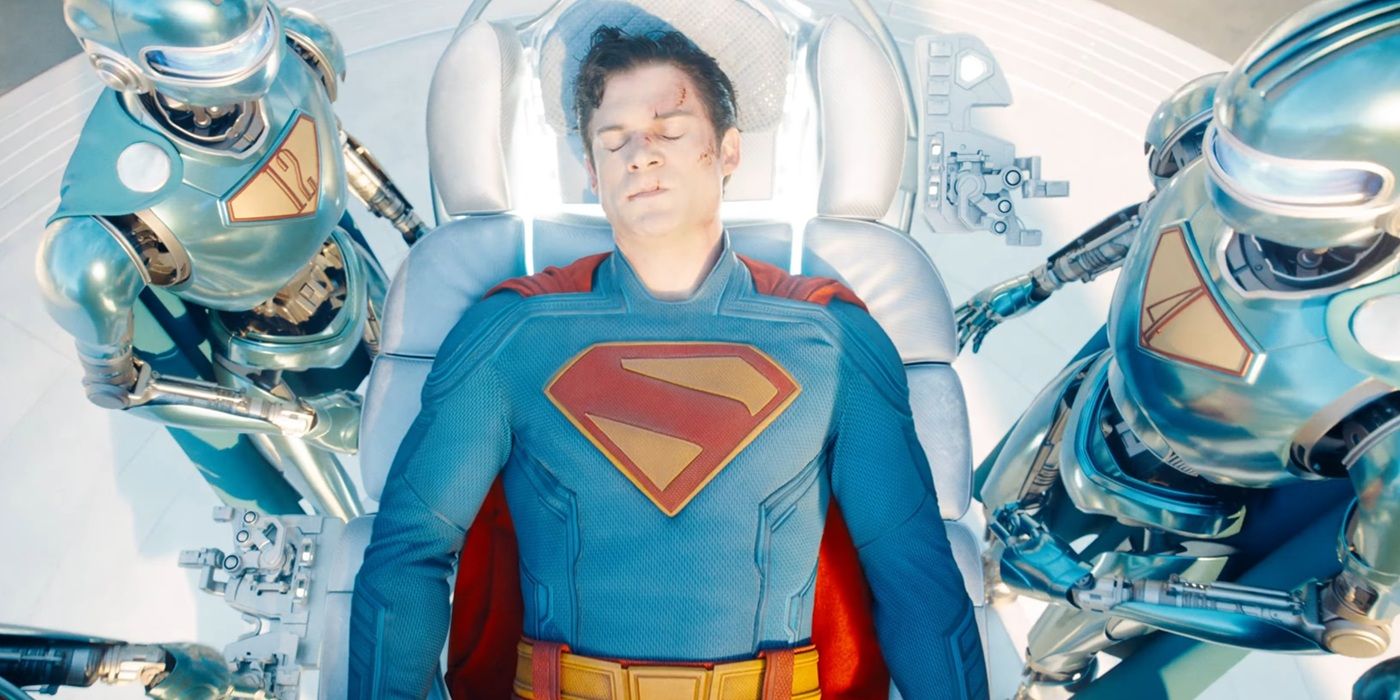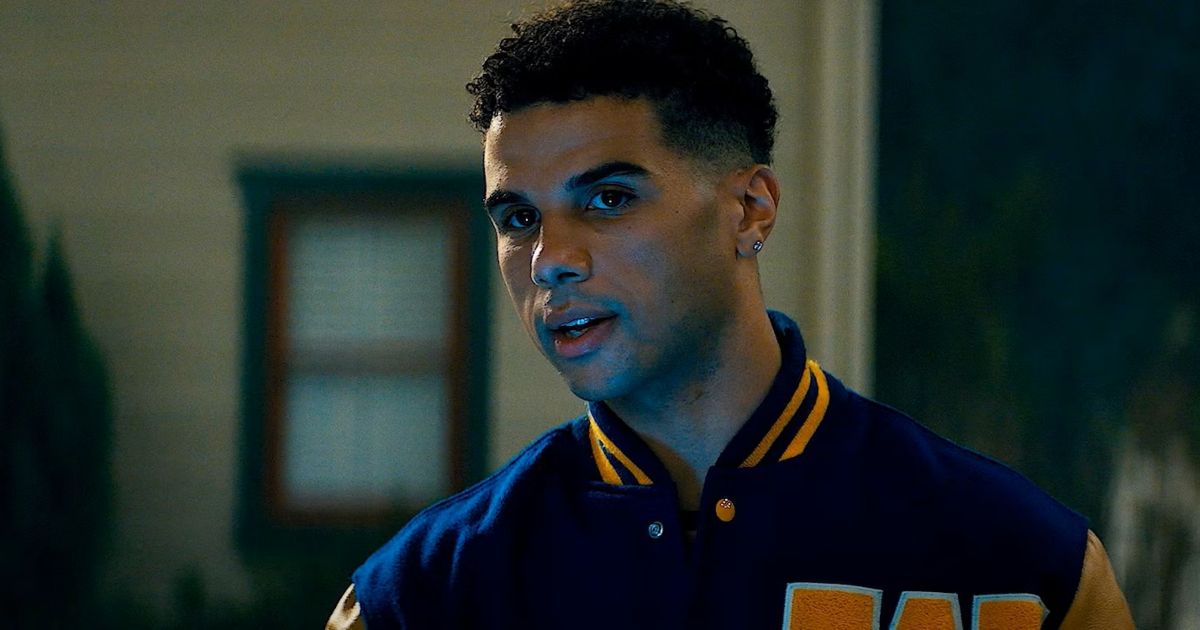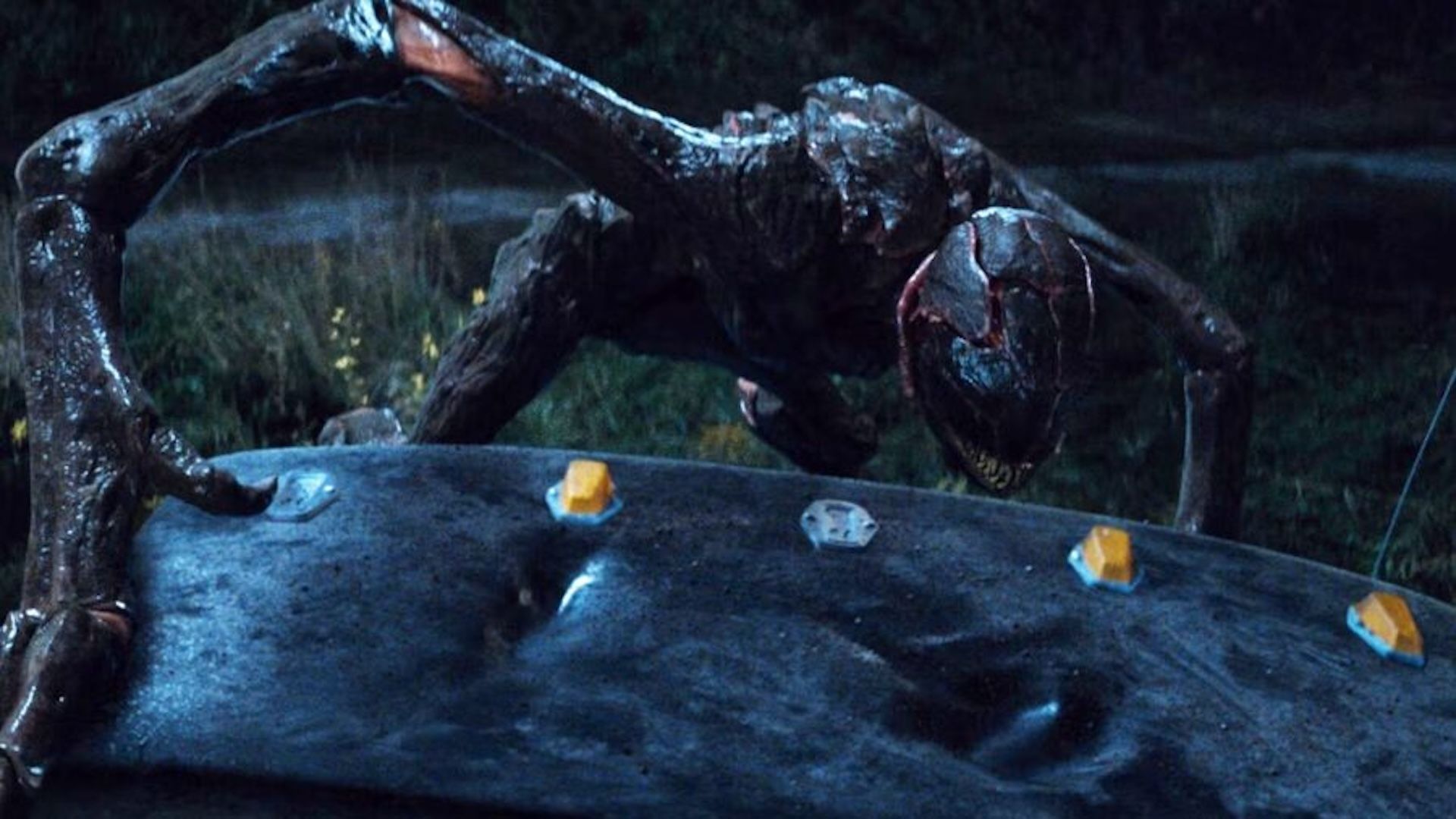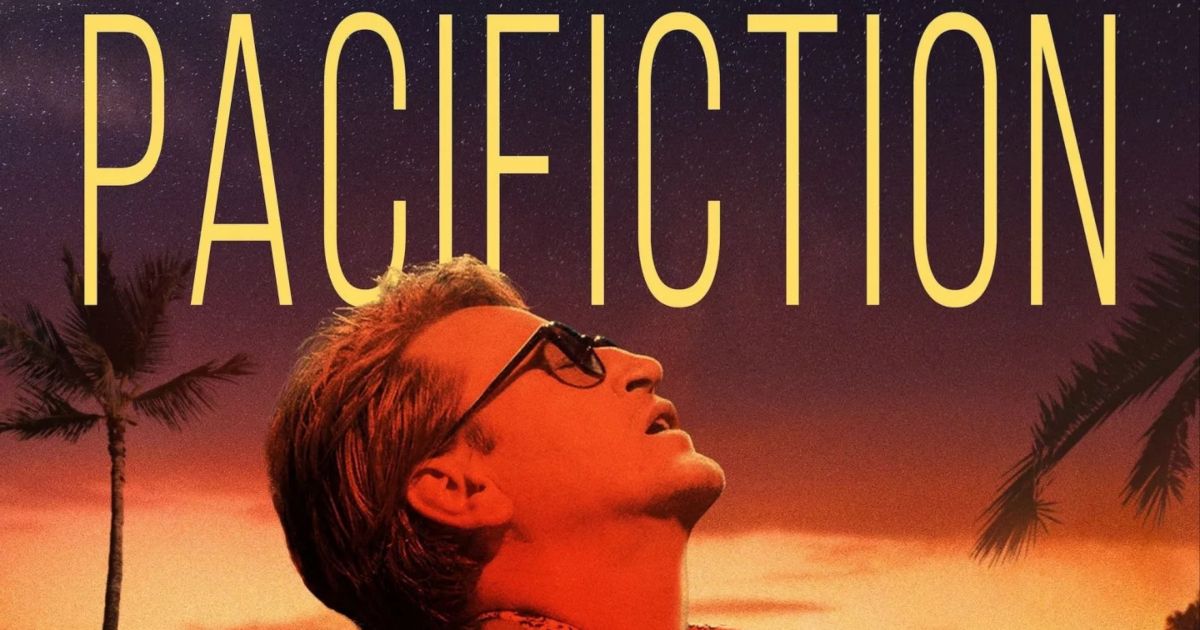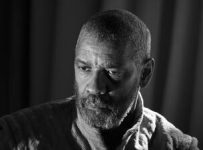Documentaries about notable locals also drive this year’s Black Perspectives section, a sidebar dedicated to the telling of Black stories from around the world. “Oscar Micheaux—The Superhero of Black Filmmaking” recounts the fascinating story of one of the true, if largely unsung, pioneers of African-American cinema—a man who wrote, produced and directed more than 44 films (most notably 1925’s “Body and Soul,” which featured the screen debut of Paul Robeson) and wrote six novels chronicling the Black experience before his death in 195. Joe Winston’s “Punch 9 for Harold Washington” recounts in incredible detail how Washington defied all odds to be elected Chicago’s first black mayor in 1983, and chronicles how he combated his political enemies during a reign that was cut short by his untimely death in 1987, a few months after winning reelection. Another documentary about a groundbreaking African American is “Citizen Ashe,” which charts legendary tennis champion Arthur Ashe as he transformed from being an apolitical athlete to someone determined to use his name and fame to help engineer social change, an approach that many athletes continue to use to this day. On the lighter side of things, “The Harder They Fall” is an old-fashioned Western saga about two outlaws—Nat Love (Jonathan Majors) and Rufus Buck (Idris Elba)—who prepare for a revenge-fueled confrontation after the latter is released from prison.
Another one of the festival’s long-running sidebars is Out-Look, which is designed to highlight films reflecting the worldwide LGBTQ+ community. This year, the program’s top draw will undoubtedly be “Mayor Pete,” Jesse Moss’ look at Pete Buttigieg’s attempt in 2020 to becoming America’s first LGBTQ president and the youngest person to ever hold office. There are times when the film begins to veer dangerously close to hagiography and I could have lived without Moss underscoring the film’s climax with a needle drop of Lou Reed’s “Perfect Day,” but when it focuses on the nuts and bolts of political campaigning in this day and age, it is undeniably fascinating. Even more engrossing is “Flee,” Jonas Poher Rasmussen’s striking blend of animation and archival footage that relates the story of Amin Nawabi, who fled Kabul as a child in the mid-’90s and embarked on a journey that took him from Russia to Denmark in search of a new home and later tries to come to terms with his experiences before embarking on a new life with his soon-to-be husband. “Acts of Love” is a locally produced documentary/fiction hybrid in which filmmaker Isidore Bethel, reeling from the end of a romance in Mexico, hits upon the idea of channeling his anger and sadness by casting strangers in a film that will use the incident as a way of exploring the nature of current-day gay male relationships. (His mother, on the other hand, is less than thrilled with the idea of the project.) On the fully fictional end, “Wheel of Fortune and Fantasy,” from director Ryusuke Hamaguchi (who also directed another film in this year’s lineup, “Drive My Car”) is a lovely work which initially feels like a single feature version of one of those multi-film collections from Eric Rohmer before going off in its own distinctive direction with its triptych of tales that examine themes of love, chance, and coincidence involving a trio of very different women.
“Wheel of Fortune and Fantasy” won the Silver Bear at this year’s Berlin Film Festival and a number of other titles are playing here after having made other stops on this year’s festival circuit. One of them is “Bad Luck Banging or Loony Porno,” which won the top prize at Berlin and is perhaps the wildest film in the entire lineup—a scathing black comedy about a schoolteacher forced to answer to a tribunal of parents about whether she should be fired from her job when a sex tape she made with her husband accidentally turns up online that features one of the more unforgettable climaxes in recent memory. Another title from Berlin is “Fabian: Going to the Dogs,” Dominik Graf’s sprawling, occasionally uneven but often compelling adaptation of the classic Erich Kästner novel chronicling life in Berlin in the 1920s, the turbulent period following one war and leading to another. Eva Husson’s “Mothering Sunday” chronicles the surreptitious final meeting between house maid Jane (Odessa Young) and her secret lover, the privileged Paul (Josh O’Connor), before he goes off to marry another woman in an ultimately attempt to create a sexed-up version of a Merchant-Ivory film that is enlivened only by Young’s performance. A late addition to the fest lineup is “Happening,” Audrey Diwan’s adaptation of Annie Ernaux’s novel chronicling her attempts to get a then-illegal abortion in France in the Sixties that is making its North American debut after winning the top prize at the Venice Film Festival. And while the festival was unable to acquire Paul Verhoeven’s already-controversial “Benedetta,” it did snag “Madeleine Collins,” which also stars rising French actress Virginie Efira. Here, she plays a woman living in France with her husband and two teenage sons and who nevertheless spends several days each week living in Switzerland with another man and his young daughter. Dramatically, the story is a little questionable at times, but Efira manages to save it with a strong and convincing performance.
You can view the original article HERE.
